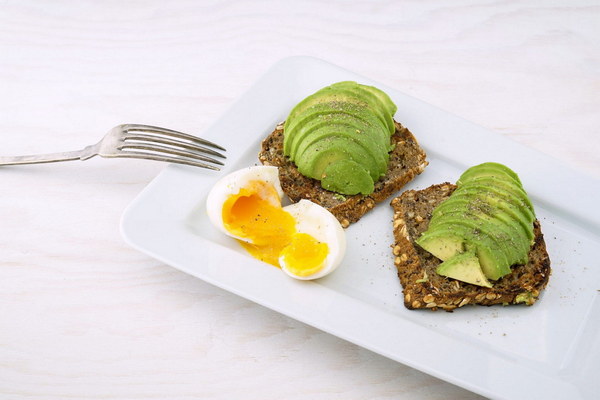The Art of Chinese Medicine Nourishing the Body with Tonifying Herbs
In the world of traditional Chinese medicine (TCM), the concept of nourishing the body is deeply rooted in its philosophy. The practice of using tonifying herbs to enhance the body's vitality and balance is a testament to the holistic approach TCM takes towards health and wellness. This article explores the art of using Chinese herbs for tonification, their benefits, and how they can be incorporated into a daily routine.
Understanding Tonification in Chinese Medicine
Tonification, in the context of TCM, refers to the process of strengthening and replenishing the body's essential energies. These energies, known as Qi (pronounced chee), Jing, and Yin/Yang, are fundamental to maintaining good health and preventing disease. Tonifying herbs are believed to restore and maintain the balance of these energies, leading to improved overall well-being.
Benefits of Tonifying Herbs
The benefits of using tonifying herbs are vast and can be categorized into several key areas:
1. Enhanced Immune System: Many tonifying herbs have immune-boosting properties, helping to strengthen the body's defense mechanisms against illness and infection.
2. Improved Energy Levels: Herbs like Ginseng and Astragalus are renowned for their ability to boost energy and vitality, making them popular among those suffering from fatigue or weakness.
3. Enhanced Digestive Function: Herbs such as Atractylodes and Codonopsis can aid in digestion, alleviate bloating, and improve nutrient absorption.
4. Stress Reduction: Tonifying herbs like Schisandra and Codonopsis have calming properties that can help reduce stress and promote relaxation.
5. Longevity: The use of tonifying herbs is often associated with increased longevity, as they help maintain the body's balance and reduce the risk of age-related diseases.
Common Tonifying Herbs
There are numerous tonifying herbs used in TCM, each with its own unique properties and benefits. Here are some of the most commonly used:
1. Ginseng (Panax ginseng): Known as the king of herbs, ginseng is believed to enhance overall vitality, improve cognitive function, and boost the immune system.

2. Astragalus (Astragalus membranaceus): This herb is often used to support the immune system, reduce fatigue, and promote longevity.
3. Codonopsis (Codonopsis pilosula): Also known as Dang shen, codonopsis is used to boost energy levels, improve digestion, and enhance the immune system.
4. Schisandra (Schisandra chinensis): Schisandra is a potent adaptogen that helps reduce stress, improve cognitive function, and boost the immune system.
5. Dong Quai (Angelica sinensis): Dong Quai is a popular herb used to regulate menstrual cycles, relieve menopausal symptoms, and support reproductive health.
Incorporating Tonifying Herbs into Your Daily Routine
To incorporate tonifying herbs into your daily routine, you can choose from various forms, such as teas, powders, capsules, or tinctures. Here are some suggestions:
1. Herbal Tea: Brew a cup of tonifying tea in the morning or evening to enjoy its benefits. For example, a mix of ginseng and codonopsis can be brewed into a rejuvenating tea.
2. Powder: Mix tonifying herbs with water, juice, or smoothies to create a refreshing drink.
3. Capsules: Take tonifying herb capsules as a convenient way to incorporate these herbs into your daily routine.
4. Tincture: Add a few drops of a tonifying herb tincture to water, juice, or tea for a quick and easy way to enjoy its benefits.
Conclusion
The art of using tonifying herbs in Chinese medicine is a powerful tool for enhancing vitality, improving health, and promoting longevity. By understanding the principles behind tonification and incorporating these herbs into your daily routine, you can experience the benefits of traditional Chinese medicine in a modern world. Always consult with a qualified TCM practitioner before starting any new herbal regimen to ensure it is safe and appropriate for your specific needs.









